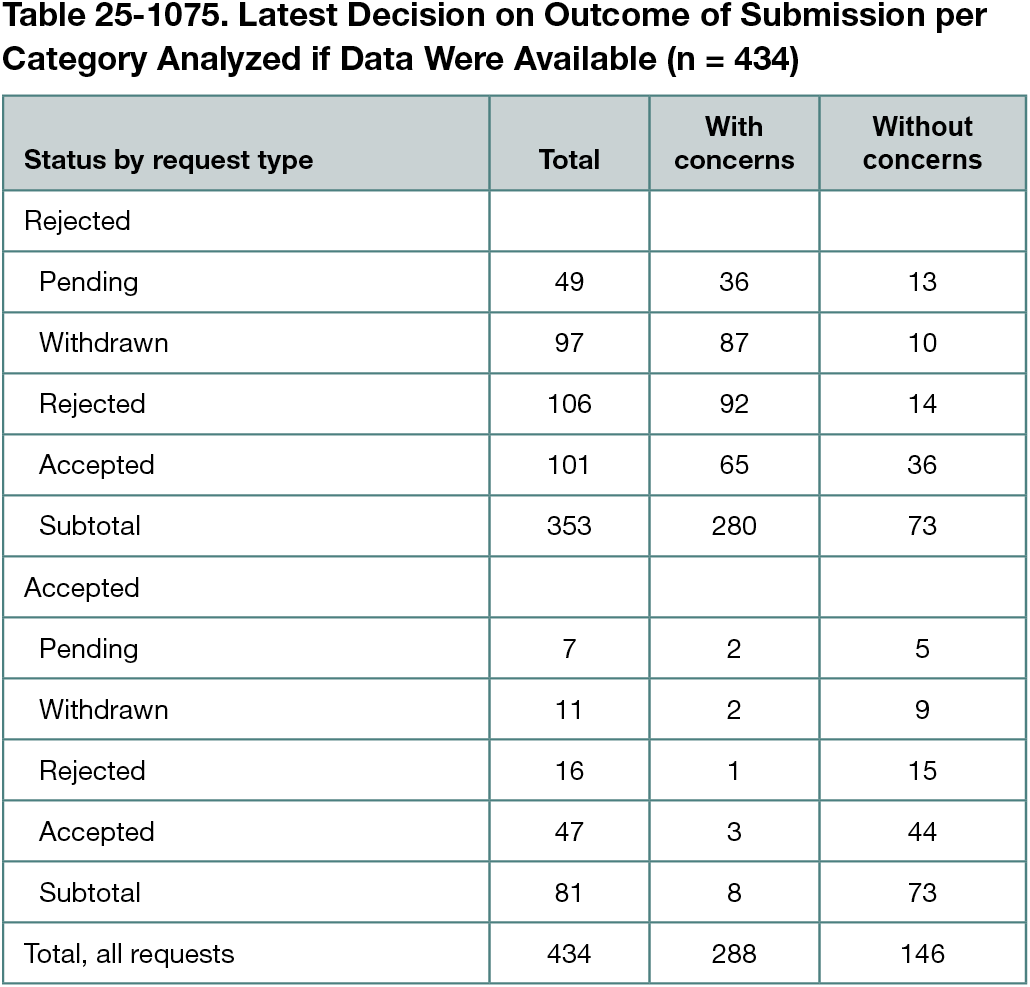Authorship Changes as an Indicator of Research Integrity Concerns in Submissions to Academic Journals
Abstract
Coromoto Power Febres,1 Julia Gunn,1 Laura Wilson1
Objective
Publishers, industry bodies, and previous literature have identified authorship changes as a potential means of detecting systematic manipulation activity in submissions to academic journals.1 There is limited empirical evidence on the features associated with systematic manipulation2 and, consequently, on their accuracy as indicators. This study tested the hypothesis that attempts to change article authorship post submission indicate further concerns.
Design
Since March 2023, all requests across 1321 Taylor & Francis journals to change 3 or more authors following initial manuscript submission have been investigated by the Publication Ethics and Integrity team. This threshold was set based on previous experience that 3 or more changes after review was frequently associated with concerning authorship behavior. The request and associated articles were assessed, including adherence to editorial policies and indicators of systematic manipulation.3 This cross-sectional study analyzed all such assessments conducted in 2024, consisting of 496 articles; 44 articles were excluded due to incomplete assessment. Requests for fewer than 3 changes are assessed by the journal’s academic editors, for which data are unavailable. The outcomes measured were the authorship change decision recorded and whether other concerns were noted during assessment. Adherence to editorial policies (eg, ethics and consent declarations, conflict of interest disclosure) and indicators of systematic manipulation (eg, tortured phrases, peer review manipulation) were also recorded; these 2 categories were combined into concerns noted and classified as yes or no. Odds ratio (OR) analysis tested associations between denied authorship changes and noted concerns. STROBE guidelines informed the study.
Results
Of the 452 articles assessed, most requests for 3 or more authorship changes were denied; 367 (81.2%) were denied vs 85 (18.8%) approved. For the 170 articles for which the data were available, the median (range) number of authors was 4 (3-10). A total of 301 requests (66.6%) had concerns and 151 (33.41%) had no concerns. Of the denied requests for authors changes, 292 (79.6%) had concerns and 75 (20.44%) had no concerns. Of approved requests, 76 (89.41%) had no concerns and 9 (10.59%) had concerns. Denied requests were more likely to have concerns (OR, 32.9 [95% CI, 15.9-68.6]) compared with approved requests. The latest decisions per paper per category are shown in Table 25-1075.

Conclusions
This study suggests that irregularities in authorship changes may indicate research integrity concerns. Limitations include the relatively small sample size and assessment variability across team members/individual assessors. Further analysis is required to establish whether authorship change requests correlate with other systematic manipulation indicators. Further research could also involve analysis by discipline and testing for an association between author demographics and other characteristics, such as co-authorship history and acceptance rate, and a comparison with requests to change 2 or fewer names.
References
1. Abalkina A. Publication and collaboration anomalies in academic papers originating from a paper mill: evidence from a Russia-based paper mill. Learned Publishing. 2023;36:689-702. doi:10.1002/leap.1574
2. Byrne JA, Abalkina A, Akinduro-Aje O, et al. A call for research to address the threat of paper mills. PLoS Biol. 2024;22(11). doi:10.1371/journal.pbio.3002931
3. Parker L, Boughton S, Bero L, Byrne JA. Paper mill challenges: past, present, and future. J Clin Epidemiol. 2024;176. doi:10.1016/j.jclinepi.2024.111549
1Taylor & Francis Group, Beeston, UK, coro.powerfebres@tandf. co.uk.
Conflict of Interest Disclosures
Coromoto Power Febres reported being a full-time employee of Taylor & Francis and being a member of the STM Research Integrity Committee and United 2 Act Education and Awareness working group. Julia Gunn reported being a full-time employee of Taylor & Francis. Laura Wilson reported being a full-time employee of Taylor & Francis and being a member of the STM Membership committee, United 2 Act Trust markers working group, and ALPSP Policy committee.
